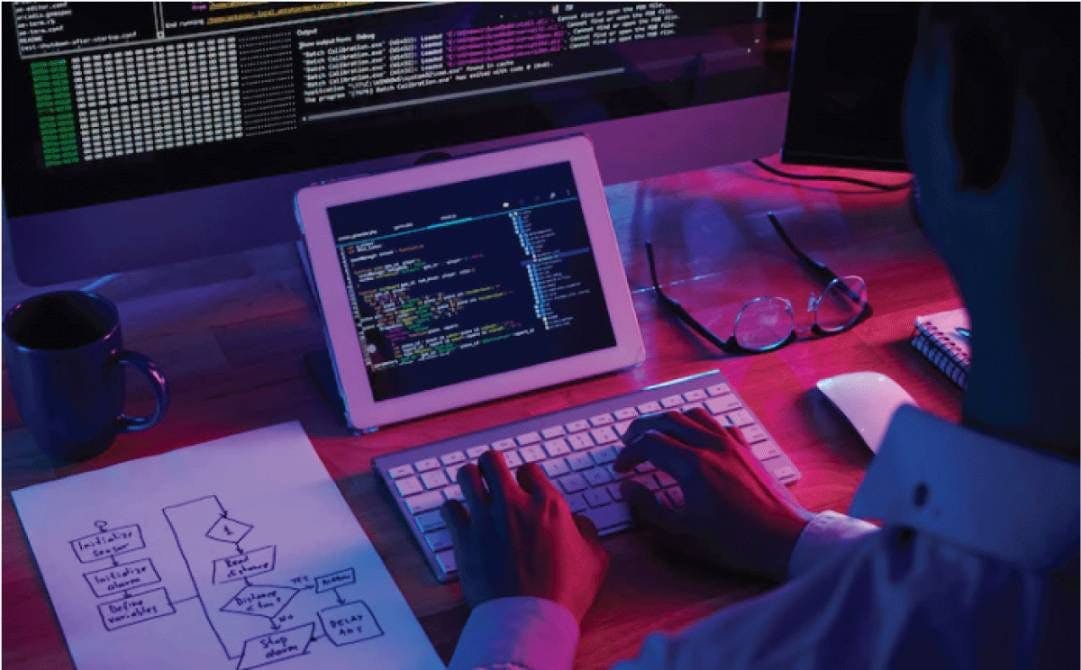113 reads
Could This Be the End of Computer Programming as We Know It?
by
June 28th, 2023
Audio Presented by

Australian technology news journalist. Matt, 20 years of IT systems & networking engineering + security turned Journo.
Story's Credibility

About Author
Australian technology news journalist. Matt, 20 years of IT systems & networking engineering + security turned Journo.
